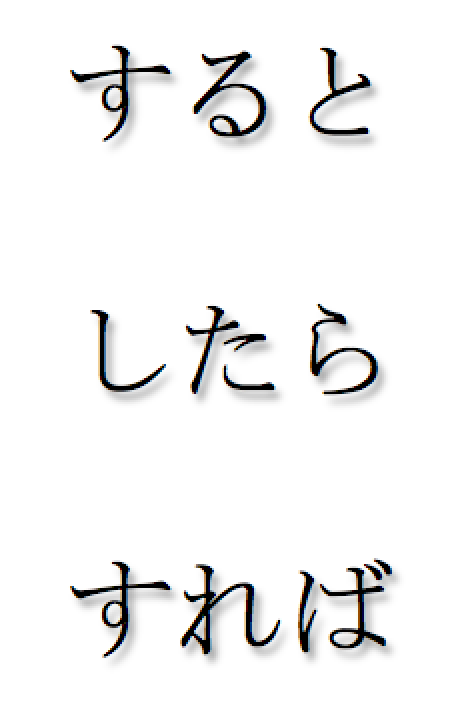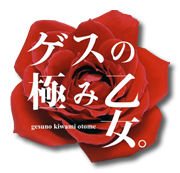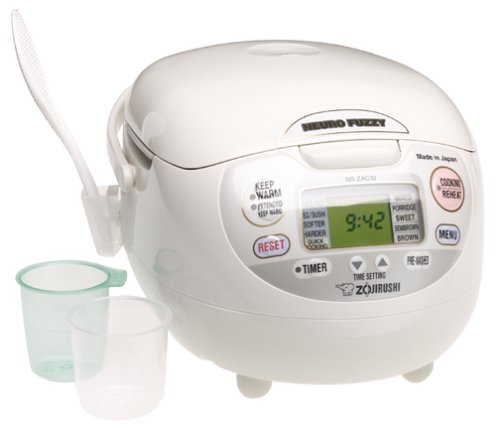The real story on three Japanese conditionals (すると、したら、すれば) [suru to, shitara, sureba]
I think it’s fair to say that all modern languages (which the exception of those constructed by academics) grow and evolve in response to the times and the culture of the countries speaking those languages. This means that there aren’t many hard and fast rules that work 100% of the time. It’s almost as if exception… Read More »




